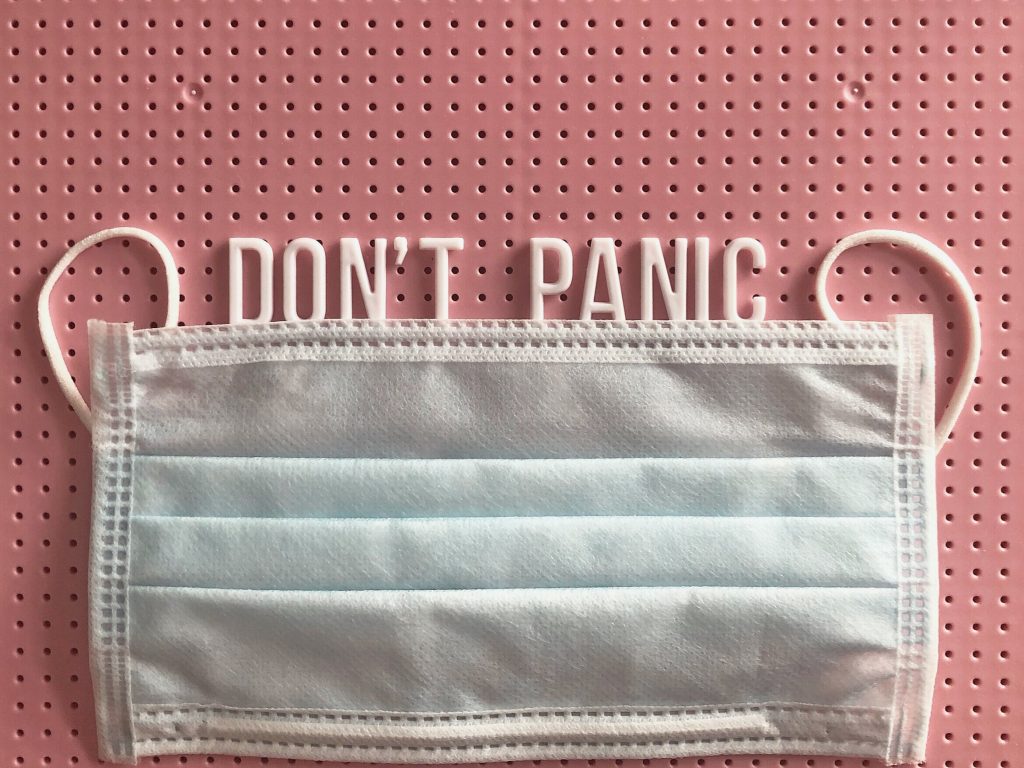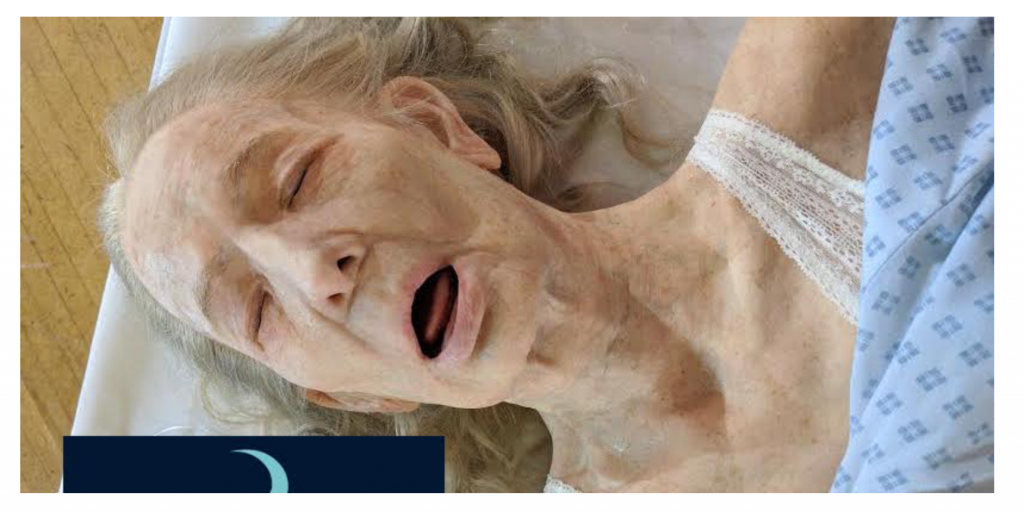Do you fear messing up patient care? You are not alone.

FEAR OF DEATH OR SOMETHING ELSE?
Getting into healthcare at almost any level pushes you to confront YOUR FEARS, but that’s not why you got into it, right? Or is it?
Nearly all of us chose to enter the healthcare arena out of a desire to serve humanity and help people.
It may sound like a cliche, but honestly, healthcare attracts a segment of people in society who tend to be hard-wired to help and serve.
Why is that? The reasons are deeply personal and specific to the individual, but that is precisely the nature of healthcare- it’s intimate.
At some point in our lives, all of us will need the help of a healthcare professional. The work in healthcare matters, and it matters to all of us.
Along your journey in learning to help others, you confront obstacles. One of those obstacles is navigating your fears. Walking the distance between wanting to help others and attaining the skill set to do so is a gap filled with anxiety, stress, and self-doubt.
Early in my career, my greatest fear was delivering bad news about patients’ death to their loved ones. For years during my medical training, I watched senior physicians handle the solemn responsibility of discussing death.
My fear drove me to explore, in-depth, the subject of breaking bad news. I read as many books as I could about the topic. I watched senior physicians and took careful mental notes. I was not sure that one could ever be prepared for such a task, but that did not stop me from preparing.
Then one day, it was my turn. I was the senior physician. I had to deliver the worst news I could imagine another human could receive.
Even today, I vividly remember the first time I had to deliver news about death. It was as terrifying as I thought it would be for all involved.
Although I had guidance in medical school lectures on how to give bad news and watched it happen a few times, it was still a theoretical concern until the first time I had to do it. I was not fixated on a fear of death. It was a fear of messing up the moment. Adding to a person’s pain after losing a loved one was a thought I could not bear.
Therein lies the magic of facing your fears in healthcare. Fear of messing up can be a great motivator to prepare as much as possible when it is your turn.
We are in the business of saving lives, but in facing head-on the fear I had about messing up, I realized that we are also in the business of walking side by side with those who experience pain, loss, and suffering.
We walk beside our patients for as long as we can through life-altering moments. Doing that good matters.
You may fear the loss of control or making a mistake or getting yelled at.
You may fear missing something that may harm a patient. You may worry about saying the wrong thing.
There is a lot to fear when working with patients. I think that makes you HUMAN.
Harnessing the courage to work past those fears and build confidence toward one day, helping others is all worth it. And it is worth it not just to you but to the person who will be your patient in the future.
Fortunately, unlike when I trained in medicine, there are better ways to traverse the gap between a desire to help as a novice and developing the competency to deliver patient care. Nowadays, there are great tools like holographic patient simulators that can help trainees navigate dynamic and realistic experiences.
Here is one example in the video below with paramedic students using augmented reality.
There are even lifelike manakins like Viviene by LifeCaste that change the way healthcare professionals engage in simulation training.

The innovative education tools emerging are a tremendous opportunity for educators and trainers in healthcare to prepare the upcoming generation.
There has never been a time with so many tools to help trainees tackle the challenges and fears faced with becoming future lifesavers.
How have the fears you’ve overcome in caring for patients shaped you as a clinical instructor and educator? I’d love to hear about your experiences.
Written by Hector Caraballo, MD for MedCognition. Creators of the holographic patient simulator called PerSim®, made to help healthcare’s frontline save more lives.



